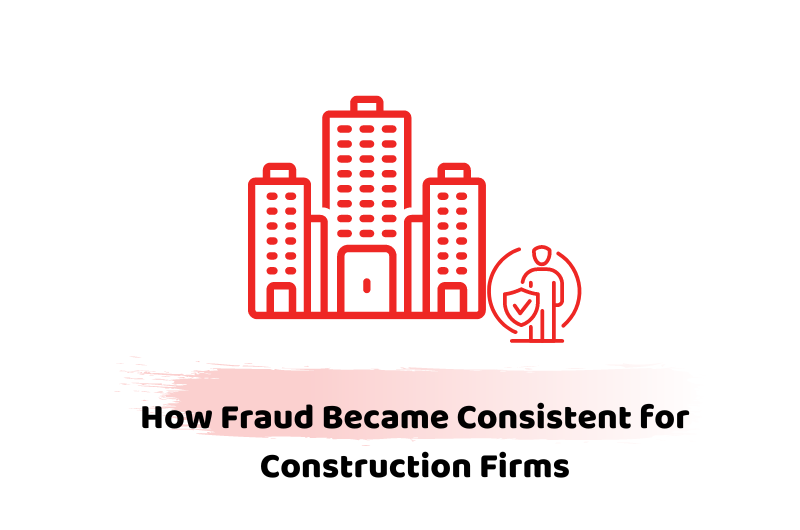British construction firms are constantly coping with challenges since their establishment. There’s always a need to blend with evolving industry trends. Nothing is more persistent than fraud. So you always need a helping hand to understand the legal complexities and help you avoid such situations.
Fraud Consistent for Construction Firms
Nine out of ten times the company’s financial structure makes it hard to identify a problem. With so much cash coming in, it gets hard to keep a track of any fraudulent instances. HM Revenue and customs make it easier to understand any such instances with the domestic reverse charge system. This has been in effect from 1st March 2021. It’s easier to fight against fraud this way. The domestic reverse charge system works well for companies looking forward to hiring new people.
What is the VAT reverse charge?
HMRC’s latest efforts include a VAT reverse charge system. The legislation was passed that applies to specific buildings and construction services prone to such problems. This system makes them liable for the accounting and VAT no purchases.
The type of fraud that the VAT reverses charge legislation seeks to challenge and remedy in the long run is missing trader fraud. The financial violation is defined as one that occurs when fraudsters set up shop and conduct their operations as a regular construction company, only to siphon off VAT as it moves up the supply chain. As a result of these fraudulent efforts, such companies close shop and vanish without paying any tax to the HMRC after operating for six to nine months.
Even though this problem hasn’t been around for long, missing trader fraud has become a priority for the industry as more fraudsters seek to use construction projects as a front for devious efforts.
How Does it Work?
In its entirety, the new reverse charge taxation system essentially swaps out the flow of VAT cash between businesses used in traditional set-ups. Through this system, companies are expected to register their VAT on each transaction made and clearly state it on the invoice as a reverse charge, effectively preventing openings for fraud. As a result, this system leaves the responsibility and task of charging and accounting for a company’s VAT compliance in the hands of customers to prevent any ulterior motives from taking place.
Who will it Affect?
The VAT reverse charge will apply to businesses and individuals who are VAT registered in the United Kingdom. In the case of the construction industry, this system will apply to the operations of construction and building services that are supplied at standard or reduced rates which have to be reported under CIS. Such services include:
- The construction, extension, repair, alteration, or demolition of structures or buildings (which includes offshore installation services)
- The installation of ventilation, heating, lighting, air-conditioning, sanitation, power supply, or drainage systems or water supply systems in any structure
- The extension, construction, repair, or demolition of various products such as railways, power lines, electronic communications equipment, roadworks, and harbours.
Conclusion
We’ve seen a rise in the UK construction industry over the years. The upcoming Domestic Reverse Charge system overturns these problems. It further ensures that the VAT is paid as expected. HMRC protects its economy and makes sure the customers pay the due amount always.
If you are looking for fixed-fee accountants to help you fill up your self-assessment form and complying with other financial requirements, we are here for you. Whether you are a contractor, self-employed, or a limited company, be sure to get in touch with us today for a quote!























































